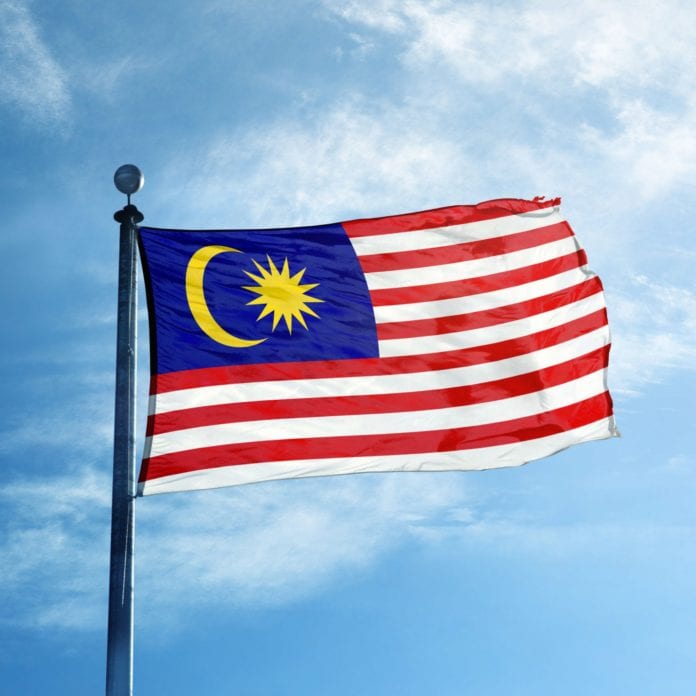DNB is a special-purpose vehicle set up by the Malaysian government with the main goal of deploying and managing Malaysia’s 5G network
The government of Malaysia expects to announce its decision on the role of state-backed 5G wholesale provider Digital Nasional Berhad (DNB) in the short term, according to local press reports.
Digital and Communications Minister Fahmi Fadzil said no decision on the role of DNB had been made by the government as yet.
“We have yet to make a policy decision and I hope we will be able to do so in a week or two. We may not necessarily look only from the monopoly point of view, as there are many things we need to consider,” the official said.
Digital Nasional Berhad is a special-purpose vehicle set up by the previous government of Malaysia with the goal of deploying and managing Malaysia’s 5G network.
Last year, former Prime Minister Muhyiddin Yassin had unveiled an initiative for a state-owned vehicle to own all 5G spectrum, with various carriers using the infrastructure to provide mobile services across Malaysia in what would effectively be a wholesale/MVNO arrangement.
Following the announcement of this plan, the country’s telcos had raised concerns about a single state company owing all spectrum frequencies.
Local carriers Celcom Axiata, Digi Telecommunications, Telekom Malaysia, U Mobile and YTL Communications are already offering retail 5G services available to their subscribers, following the signing of their respective 5G access agreements with DNB in October last year.
However, the new Malaysian government had announced that it would be reviewing the rollout of the national 5G network. The new prime minister said that these plans will be revised due to the lack of transparency.
According to a recent report by Singaporean investment bank UOB-Kay Hian, DNB could potentially select a second vendor for its 5G network.
The report revealed that DNB isn’t exclusively committed to Ericsson, which was selected in July 2021 to build DNB’s national 5G network. The report also suggested that there could be a provision in the contract related to the introduction of a second network provider—which opens the door for vendors such as Nokia, Huawei or ZTE to get involved in its 5G rollout plans.
DNB previously announced that its 5G network has achieved almost 50% coverage of populated areas with some 3,900 sites at the end of 2022.
DNB said it is now focused on delivering the committed target of 80% of the country’s populated areas by the end of 2024. The company’s 5G network currently reaches some 15 million people and will reach 30 million once fully deployed.

